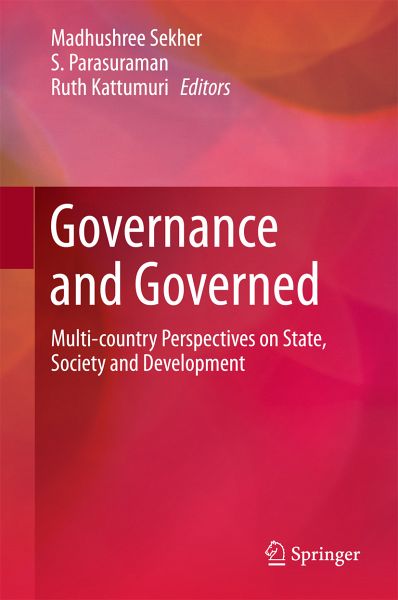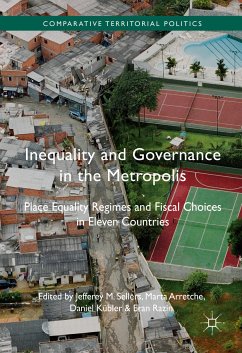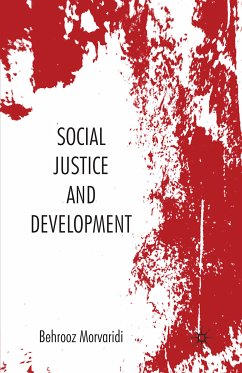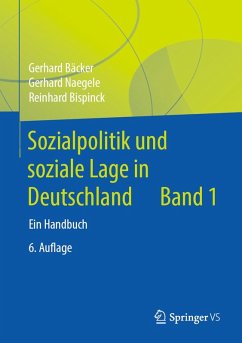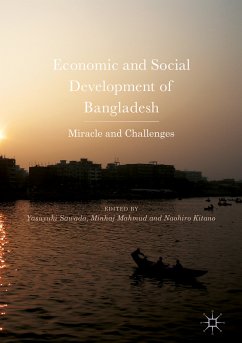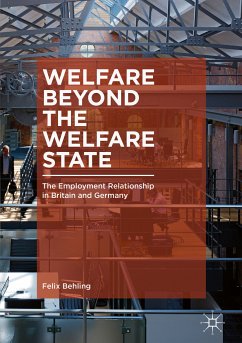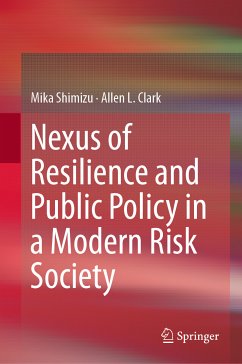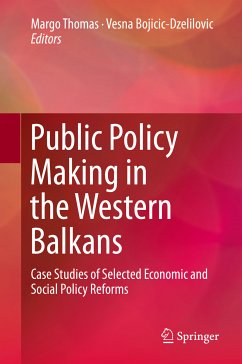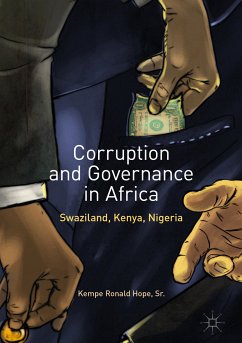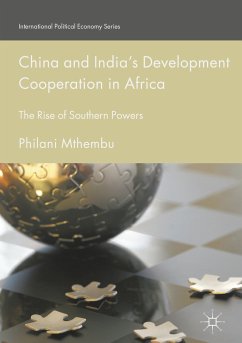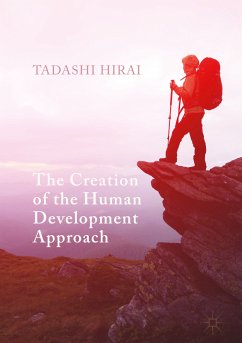Madhushree Sekher is a professor at the Tata Institute of Social Sciences, Mumbai. Institutions, political economy of representation, governance, inclusive development and policy implementation are her core research interests. Her current research is on institutions for food security, inequalities and social welfare systems, and democratic representation in India. She has received a number of grants, including the Australian Research Council (Discovery) Grant. She is currently associated with an international research consortium to study ethnic power relations funded by the Swiss Development Council and the Swiss National Science Foundation. She was a visiting faculty at the International Food Policy Research Institute (IFPRI)-Washington, the Universities of Hohenheim, Sydney and Alberta, and Cornell University, USA. The author of many research articles and books, she has a PhD in Political Science, and was the recipient of World Bank Robert S. McNamara Fellowship for post-doctoral research. S. Parasuraman has been the director of the Tata Institute of Social Sciences, Mumbai, since 2004, and has had a high-profile professional career spanning teaching, research and policy advocacy. He has four decades of experience as a teacher and researcher in Rural Development, Education, Health, Public Policy, Social Protection, Inclusive Development, Governance, Water and Energy. His current research interests include governance and accountability framework for social protection, understanding and addressing agrarian distress, collectives of women and farmers to strengthen livelihoods, capacity building of elected leaders, decentralised governance, corporate social responsibility, and youth for social and economic transformation. He has published extensively on development and disasters. He has held key positions in the World Bank, International Union for Conservation of Nature (IUCN), Oxfam, Action Aid International and the UN. Ruth Kattumuri is the co-director of the India Observatory at the London School of Economics (LSE) and an associate at the Grantham Research Institute on Climate Change and the Environment. She is a fellow of the Academy of Social Sciences in the UK. Kattumuri is involved in transdisciplinary research, advisory and policy engagement concerning sustainable growth, inclusion and development, focusing on human capital development and equal opportunities; water resource management and governance; adaptation and mitigation for climate change; technology and innovation. She was formerly a professor of Statistics and Computer Science, in Madras, India. She has a PhD from the LSE and is also a Cambridge Commonwealth Fellow.
